I’m an early riser, especially on a workday. I prefer to beat the traffic and get in early to enjoy my coffee and catch up on current events.
As I’m getting ready this morning, imagine my dismay as I realize that my shower is ice cold. Thankfully I always check the temperature before I step in! I head down to the basement, hoping nothing is seriously wrong. Water is spewing out everywhere and my utility room is soaked.
We can all agree that these issues never come up at a convenient time, and this early morning issue was no exception. My husband and I sprang into action and took care of the immediate need: shutting down the water, making sure nothing was damaged. Then the worry sinks in: how long will we be without hot water? In the era of supply chain shortages, when will a repair or replacement happen? To add to our worries, we have company coming to stay for the week.
The one thing I didn’t have to worry about was the bigger issue of how I was going to pay for the repairs or replacement. Why wasn’t I worried? Because long ago, I implemented a reserve fund.
In its simplest terms, a reserve fund is a cash flow planning strategy which involves periodically setting money aside for a major expense. This is a wise financial decision whenever you have a major asset, such as a property or a vehicle. It is inevitable that major expenses or the costs of upkeep are going to come up. The best course of action is to set funds aside regularly, in anticipation of these costs, versus trying to come up with the funds when an event has occurred.
What types of expenses can I set up a reserve fund for?
· Home Repairs
· Home Renovations
· Vehicle Expenses
· Major Holidays
I currently have two expense reserves: major home expenses and vehicles. In the past, I’ve had an expense reserve for parental leave and for planned vacations.
How do I start?
It’s important to keep these funds physically separate from your regular operating (chequing) account. This is because you are less likely to draw on the money for the wrong reasons once it is separate from everything else.
There are many types of accounts that you can use for this purpose, including, but not limited to:
· Savings Account
· High Interest Savings Investments
· Money Market Funds
· Mutual Funds and Exchange-Traded Funds (ETF’s)
I recommend speaking with a professional to see which account option makes the most sense for you.
How much do I put away?
Once you have the account set up, it’s time to contribute. With every paycheque, set funds aside to each of your dedicated expense reserves. The amount that you should set aside is dependent on a number of factors, including time and need. For example, someone with an older vehicle/home is more likely to have an expense come up than someone with a newer asset. As such, they have less time to save before a big expense comes up.
I currently add $600 monthly to my home expense reserve and $300 monthly to a vehicle expense reserve. I will also add lump sums to it if I have any extra funds coming to me, such as an income tax refund, or an unexpected windfall.
When should I start?
There’s no time like the present. The sooner you begin, the sooner you will be able to tackle the unexpected and turn a crisis into an inconvenience.
Additional Resources: I recommend that you watch our webinar Following Your Money Trail: Building an Effective Cash Flow Plan, available on our site: https://advisor.wellington-altus.ca/wagner/webinars/

